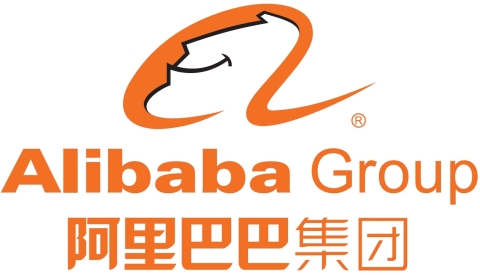RETAIL: Alibaba Boosts Grocery Rush with Sun Art Investment
Bottom line: Alibaba’s new investment in grocery operator Sun Art looks like a shrewd move into an area where logical synergies between online and offline shopping can be achieved.

After a period of relative quiet, e-commerce giant Alibaba (NYSE: BABA) is splashing back into the major M&A headlines with its purchase of a major stake in grocery retailer Sun Art (HK: 6808) for HK$22.4 billion ($2.9 billion). This particular deal looks strikingly similar to an earlier tie-up between Alibaba’s archrival JD.com (Nasdaq: JD), which is joining online and offline grocery carts through its own older tie-up with Walmart (NYSE: WMT).
Each of these plays looks relatively savvy, acknowledging that off-line shopping will continue to play a major role in the retail experience for certain products. Alibaba has embraced this online-offline approach with a vengeance over the past year, snapping up a series of existing retail chains and also rolling out its own concept convenience store that is completely automated.
I personally believe that both companies are right, namely that consumers will continue to want to buy certain products in traditional stores, with food being one of the most obvious examples. Nobody wants to wait for a drink to be delivered when they’re thirsty, and many people also feel more comfortable buying fresh items like produce and fresh meat after personally inspecting it in a store.
All that said, let’s take a closer look at Alibaba’s latest move, and compare how it and JD are stacking up against one another in this growing online-offline war down the supermarket aisle. Alibaba’s latest move in the traditional retailing realm will see it buy 36.2 percent of Sun Art, one of China’s biggest grocery chain operators, from Ruentex Group. (company announcement)
At the same time, another one of Sun Art’s major stakeholders, Auchan Retail, will boost its stake in the company to a similar 36.2 percent. When all the shuffling is done, Ruentex’s own stake in Sun Art will drop to just about 7 percent. The trio don’t really say too much about their plans for Sun Art, which operates about 450 hypermarkets around China under the RT-Mart and Auchan brands. Instead the trio simply say their goal is to “introduce a new shopping experience.”
The group do say they will start to roll out online products and services in Sun Art’s various stores, though there’s nothing more specific. I expect that could include services that let customers order difficult-to-find or out-of-stock products online that could be delivered quickly to the store, or perhaps sent to a customer’s home within hours. Such services could draw on Alibaba’s extensive logistics network built up through its Cainiao unit.
Protracted Talks
This particular investment actually isn’t extremely new, and was first rumored as early as February this year. (previous post) Around the same time those rumors appeared, Alibaba also announced a major non-equity tie-up with traditional department store operator Bailian. Alibaba has also invested traditional retailer Suning (Shenzhen: 002024) and department store operator Intime.
Meantime, JD.com has also been getting into the traditional retailing act, though its investments are almost exclusively in the grocery and general merchandise space through its Walmart tie-up last year. That pairing saw Walmart give its Chinese online grocery venture, Yihaodian, to JD.com in exchange for a stake in the e-commerce giant. We haven’t heard much from that pair since then, though presumably they’re making progress in promoting online grocery buying.
Frankly speaking, I like JD.com’s approach a bit more than Alibaba’s, as the former seems a bit more focused. Alibaba often tends to take a more guerrilla approach to its strategic moves, which perhaps explains the more scattered foray into a wide range of retailing formats rather than just groceries.
At the end of the day I do like the Sun Art tie-up a bit more than the department store investments, as groceries really does seem like an area where synergies can be quickly realized. Accordingly, I would applaud Alibaba for this particular investment, though I remain somewhat skeptical about the previous moves with Bailian and Intime.
